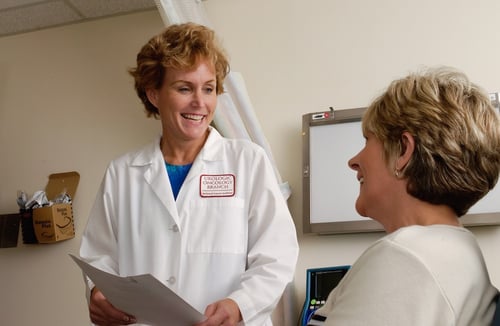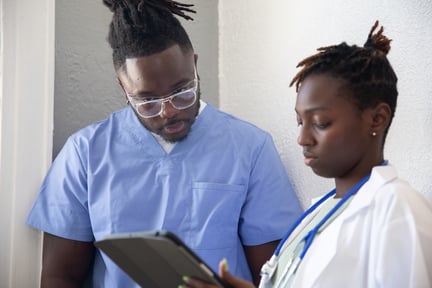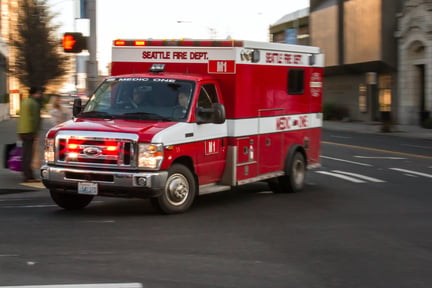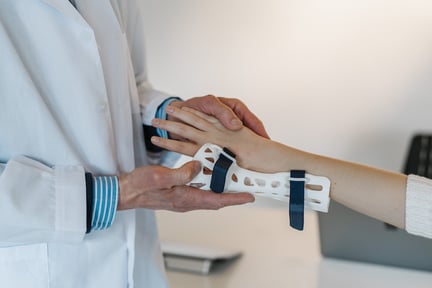Get the Money You Need to Pay Your Medical Bills
Managing medical expenses can pose a significant financial burden, and even with health insurance coverage, you may find yourself facing unpaid bills. If you're currently grappling with the challenge of paying off medical expenses, considering a personal loan can provide the financial assistance you need.







